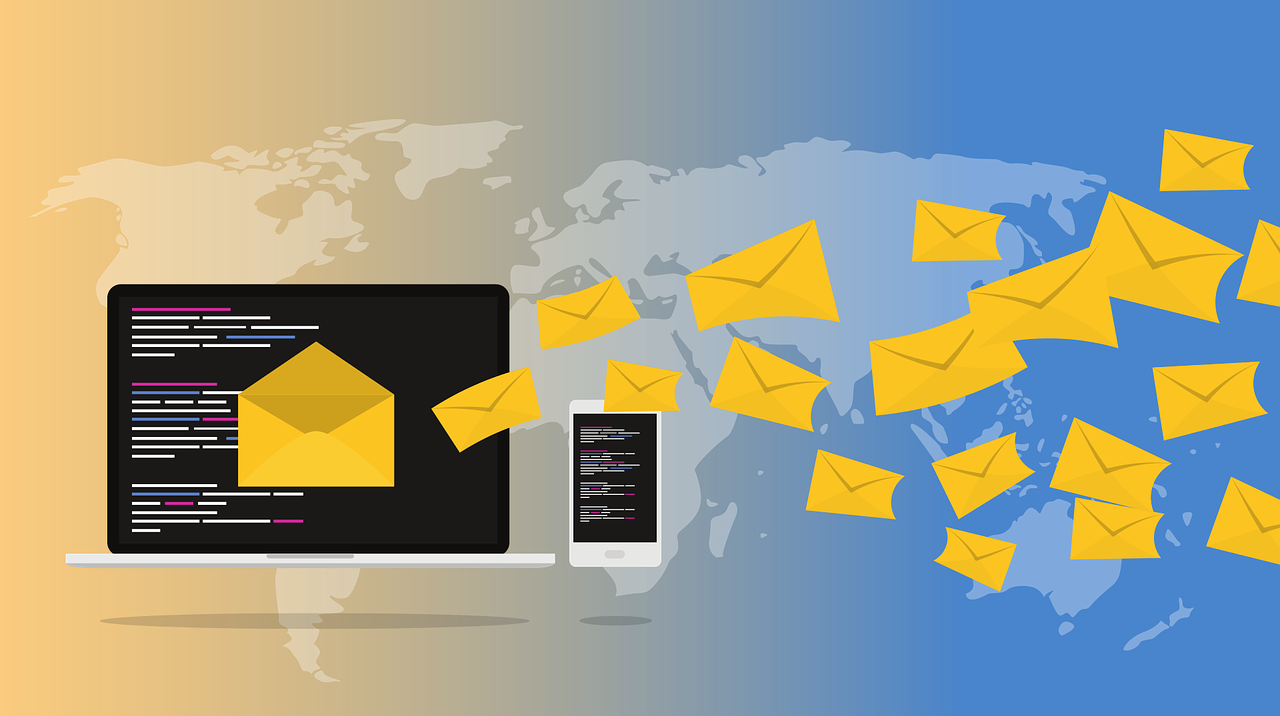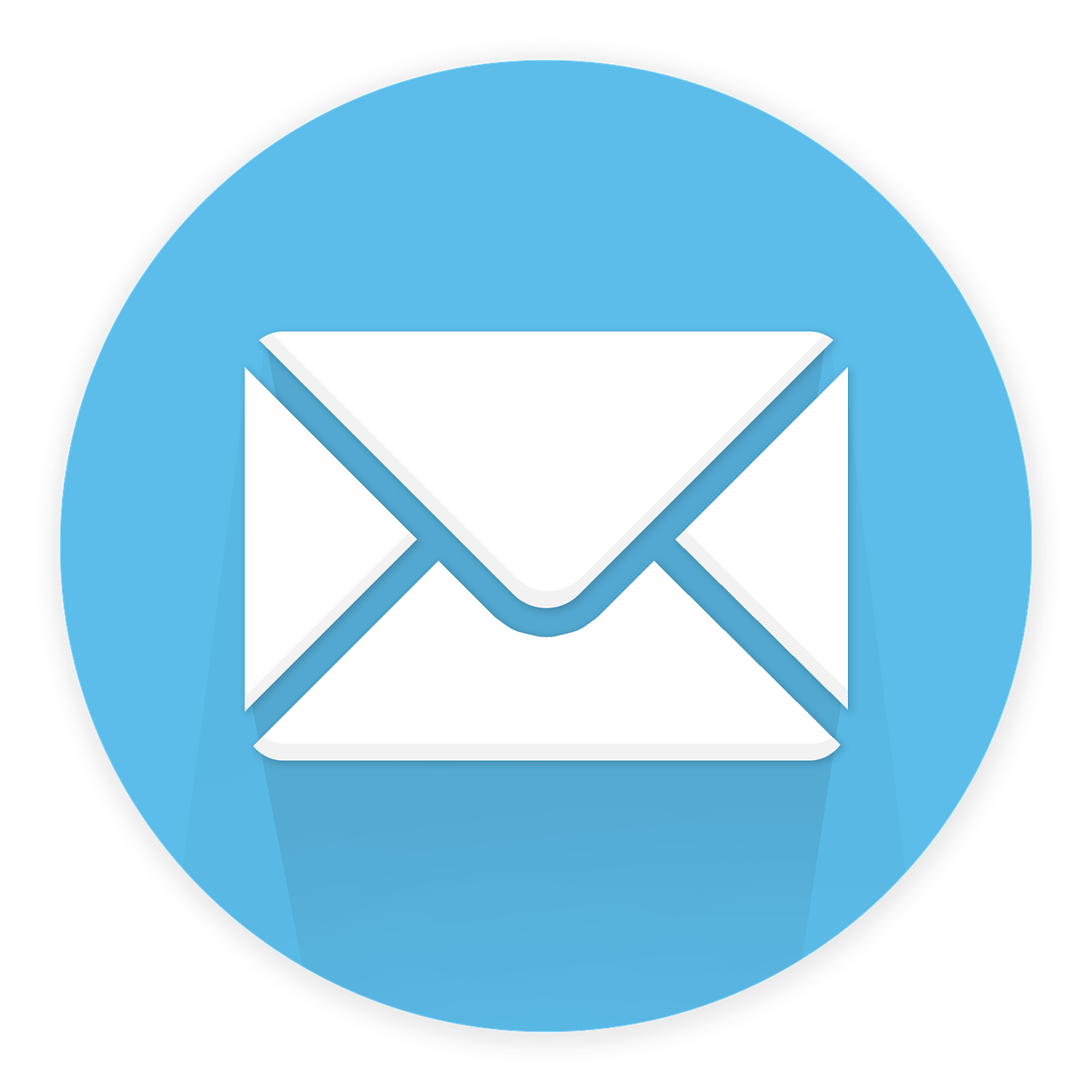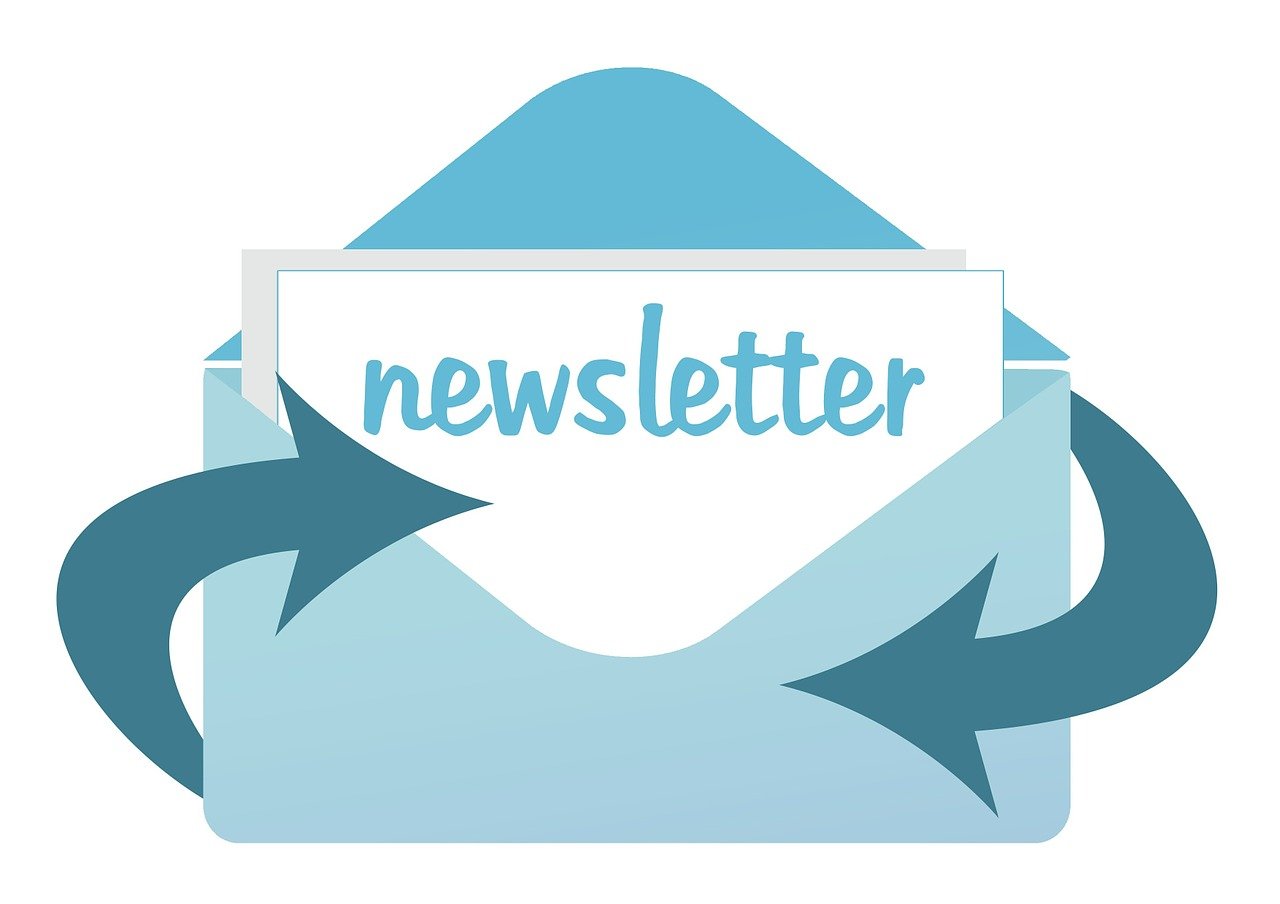The value of email cannot be underestimated in today’s fast-paced digital world. The ability to communicate quickly and efficiently is crucial, and email remains one of the most reliable and effective communication channels available.
The value of email goes beyond just personal communication; it plays a significant role in professional settings, marketing, and even e-commerce.
Let’s face it: the world of business today is more crowded and competitive than perhaps ever before. The advent of the internet has ushered in a globalized marketplace. Consumers now have access to businesses as close as next door and as far as the other side of the world.
This increased access now requires businesses to contend not only with mega multinationals and local Mom and Pop companies, but with rivals in almost every nation, region, and territory. Long-term success in this increasingly contentious market environment often depends on an enterprise’s capacity to expand access to and optimize engagement with customers.
Regardless of the particular industry, one of the most effective tools for reaching and converting target audiences is email marketing. The efficacy of email marketing has long been recognized and celebrated. Direct email marketing campaigns generate an average of $40 in return for every dollar spent.
The reality is that email marketing can provide tremendous value for businesses, including those operating in sectors that would seem to have little relevance for email marketing. From agriculture to healthcare to finance and beyond, email can be a powerful tool for driving growth.
Using Email As a Tool For Feedback
No matter how extraordinary your product or service may be, a company’s success is measured by the satisfaction it provides for its target customers. If you are not consistently providing your clients with an exceptional experience, your enterprise will be doomed to failure.
There is perhaps no industry in which the customer experience is more important than healthcare. Patients, prospective patients, and families crave the peace of mind of knowing their healthcare provider is skilled, trustworthy, and caring.
When they perceive those attributes to be lacking, they will quickly take their business elsewhere. After all, when you are putting your own health or the health of someone you love into another’s hands, you need the reassurance that such trust is well-founded.
This is where email marketing can play such a pivotal role in the healthcare industry. Direct emails to patients and families can be used to solicit invaluable feedback. This feedback can be used to significantly improve the overall standard of care a facility or professional provides.
Customer satisfaction surveys distributed through email can be particularly effective because there is often a short lag between the time of service and the receipt of the survey. This can increase response rates because patients and families will likely have more time and energy to reply to the solicitation than they would a survey administered at discharge.
In addition, the latency period provides time for patients and families to gain a bit of perspective on the service, which can yield more comprehensive and accurate feedback.

Social Media and Email Marketing
Email marketing efficacy can be even further amplified by aligning it with social media marketing. The benefits of social media marketing are profound, due largely to the direct and immediate access to your target audience that the channel provides.
Leveraging this access effectively enables marketers to engage their audience in ways that support relationship-building and, ultimately, trust. Your target audience will learn more about you and your organization and you. In return, you get to learn about them. This means that when you do create direct email content, you will have the benefit of the insights gleaned through your social media engagement with them.
Thus, social media-informed email marketing results in more effectively targeted, actionable, and relevant email content.
Consider, for example, the increasing importance of smart technology in the agriculture industry. Social media may be used as a platform for viewing explainer videos and product demos for smart sensors and other agri-tech. These social media marketing videos can be presented with a link inviting viewers to subscribe to an email newsletter or product catalog.
The financial industry is another sector in which familiarity, engagement, and trust are key. Consumers are likely reluctant to open — let alone respond to — email content from a financial services provider unless they already have a positive relationship with them.
The ability to target your audience more effectively when crafting your email marketing content means that you are no longer marketing to a generic, anonymous reader. You’re crafting marketing scripts that are relevant and trustworthy, featuring products and services that you know your audiences want and need.
All this increases the likelihood that marketing emails will go not only to audiences that are more likely to open them, but who are also more likely to convert to paying customers.
In other words, marketing emails aligned with social media engagement can enhance the efficiency, cost-effectiveness, and efficacy of your digital marketing campaigns as a whole.

What is the value of email for customer outreach?
For businesses, email can be a powerful tool for customer outreach.
One of the primary benefits of using email for customer outreach is its cost-effectiveness. Compared to other marketing channels, email is relatively inexpensive. It doesn’t require printing, postage, or advertising fees, making it an ideal option for small businesses with limited marketing budgets.
Additionally, email marketing platforms offer a variety of affordable plans that allow you to send targeted messages to specific groups of customers, maximizing the impact of your outreach efforts.
Another benefit of using email for customer outreach is its ability to reach a large audience quickly. With just a few clicks, you can send an email to hundreds or thousands of customers at once. This is particularly useful for businesses needing to quickly promote a new product or service.
Email also allows you to track your open and click-through rates, giving you valuable insights into the effectiveness of your outreach efforts.
Email is also a great way to personalize your communication with customers. With the ability to segment your email list, you can tailor your messages to specific groups of customers based on their interests or behavior. This level of personalization can help you build stronger relationships with your customers and improve the effectiveness of your outreach efforts.
Another benefit of using email for customer outreach is its ability to drive website traffic. By including links to your website in your emails, you can encourage customers to visit your site and explore your products or services further. This can lead to increased conversions and revenue for your business.

How can I use email to build stronger customer relationships?
In the fast-paced and constantly evolving world of business, the ability to foster strong and meaningful relationships with your customers has become more important than ever. And one of the most effective ways to achieve this is through email marketing.
But building relationships with your customers goes far beyond just trying to sell products. You need to focus on providing them with real value and building trust and credibility with them. And email marketing provides the perfect opportunity to do just that.
One way to add value to your customers’ lives through email marketing is by consistently delivering relevant and valuable content. This could include blog articles, industry news, or exclusive discounts and offers. By doing so, you’ll not only keep your customers engaged, but you’ll also demonstrate that you are invested in their success.
Personalization is another key component of effective email marketing. Customers are more likely to engage with emails that are tailored to their specific needs and interests. This could involve using their name in the subject line, segmenting your email list based on their behavior or interests, or sending them targeted content based on their preferences.
By taking the time to personalize your emails, you’ll demonstrate that you see your customers as individuals and are committed to meeting their unique needs.
Consistency is also crucial when it comes to email marketing. You need to ensure that you are regularly delivering value to your customers through your email campaigns. This means finding the right balance between sending too many emails and not sending enough. You want to remain top of mind, without overwhelming or irritating your customers.
Finally, it is essential to actively engage with your customers through your email campaigns. Encourage them to respond to your emails, provide feedback, or ask questions. By doing so, you’ll demonstrate that you value their opinions and are committed to providing the best possible experience for them.
Email marketing provides a powerful tool for building strong and lasting relationships with your customers. By consistently delivering value, personalizing your communication, maintaining consistency, and engaging with your customers, you’ll be able to create a loyal customer base that will support your business for years to come.

The Takeaway
Email marketing is one of the most effective tools in the marketer’s toolbox. The efficacy of email isn’t confined to only a few sectors. With strategy and know-how, all industries can significantly benefit from the tremendous value of email marketing.
Ainsley Lawrence is a writer who loves to talk about good health, balanced life, and better living through technology. She is frequently lost in a good book.

